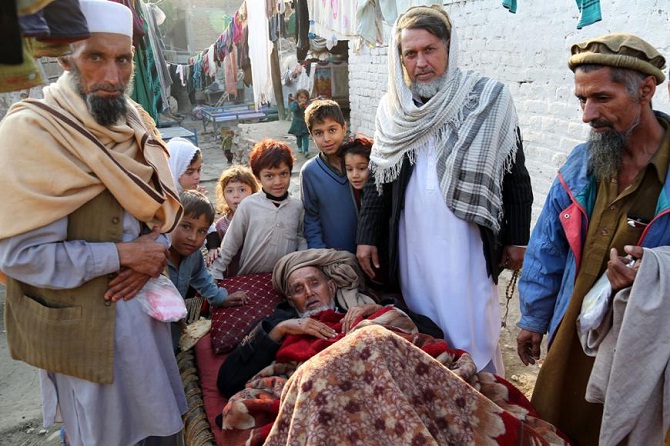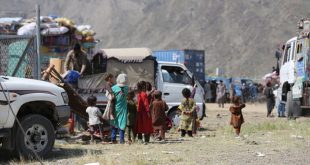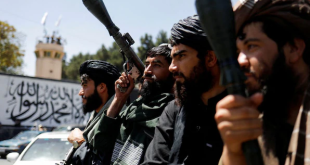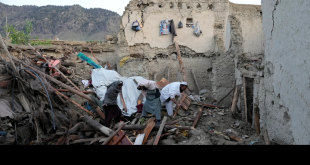Lack of economic opportunities and residential infrastructure, as well as continuous violence in all over the country are considered major hurdles before the repatriation of the migrants who fled to neighboring and other countries during war time. A report released on Sunday reveals that the Afghan refugees who returned to Afghanistan between 2014 and 2017 tend to be worse off financially and face multiple economic difficulties compared to the refugees who are still staying in Pakistan. The World Bank and UNHCR prepared a report titled “Living Conditions and Settlement Decisions of Recent Afghan Returnees”, which is the first ever joint report of the international bodies and shows that despite high poverty and limited employment opportunities, majority of Afghans returned to their home provinces, with Kabul and Nangarhar provinces together hosting a third of all returnees. Afghans living in their provinces of origin were more likely to be employed, benefitting from established social ties. Lower access to education and healthcare services are other challenges faced by the returnees and host communities, the report highlights. “The living conditions of Afghan returnees are extremely challenging and require deep and urgent attention,” Henry Kerali, the World Bank Country Director for Afghanistan said in the report. “To understand the fundamental needs and challenges that the Afghan repatriates face in their daily lives and to identify and agree on the best ways of addressing those challenges, access to accurate data and analysis is key. Our joint report with UNHCR helps increase coordination among partners and improve the work in support of Afghan returnees,” he said. “In 2019, we are marking 40 years of Afghan displacement, and while several programs are in place to assist returnees and facilitate their sustainable reintegration in Afghanistan much remains to be done,” Caroline Van Buren, UNHCR’s Representative in Afghanistan said. “The data and analysis in this report will be crucial to UNHCR and our partners, including the Government of Afghanistan, as we try to improve the way we support Afghan returnees,” he said. The report assesses the existing challenges and identifies opportunities to further enhance returnees’ sustainable reintegration within Afghanistan’s socio-economic landscape. It recommends focusing on the voluntary and gradual repatriation of Afghan refugees as a long-term solution to forced displacement and encourages the Government of Afghanistan and its partners to put in place measures to facilitate the return in safety and dignity. In recent years around half a million Afghan nationals residing in Pakistan have been forced to return when the law enforcing agencies in the host country launched a crackdown against them. Pakistan made compulsory not only the UNHCR’s Proof of Registration for these people but even made it compulsory for them to have passports with valid visas while crossing over Torkham and other border points between the two countries. Except Torkham and Chaman, travelling between the two countries through other border crossings was brought to a halt. Detentions, arrests and imprisonment of scores of countrymen in Peshawar were also considered a reason behind the forced return of the migrants. But upon landing in homeland, these people were left with no option except going back to Pakistan due to a myriad of problems, especially lack of employment and economic opportunities and continuous violence and terror. Even some of these people have sold away all of their belongings, inherited properties and other valuables just for crossing the Durand Line and adjusting themselves in Pakistan, no matter whatever the consequences might be. Many of them lack documents and POR cards of the UNHCR, thus obliged to bribe the personnel of law enforcing and secret agencies in Pakistan with their little to nothing earnings there. In the wake of World Bank and UNHCR joint report, it is now upon the shoulders of the government, politicians, parliamentarians, civil society activists and other opinion makers to mull over ways and means for addressing the unemployment and other economic hardships of these returnees, as well as meet their residential needs. Global community has made tremendous support to Afghans at hard times but still the situation in Afghanistan is tense; therefore, it needs to focus its support on building up living infrastructure and creation of employment opportunities for those refugees who are returning to Afghanistan.

 Afghanistan Times
Afghanistan Times



